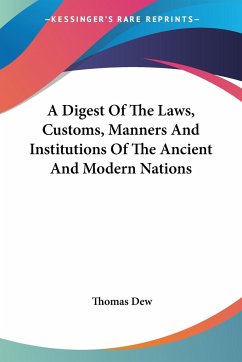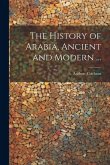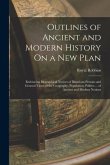ANCIENT AND MODERN IMPERIALISM ANCIENT AND MODERN IMPERIALISM BY THE EARL OF CROMER G.C.B., O.M., G.C.M.G., LL.D., ETC. PUBLISHED BY PERMISSION OF THE CLASSICAL ASSOCIATION LONDON JOHN MURRAY, ALBEMARLE STREET, W, 1910 PREFACE This essay, in a very abridged form, was delivered on January 11, 1910, as an address to the Classical Association, of which body I was President for the year 1909/10. ABOUT the time when the Classical Association did me the honour of inviting me to be its President for the current year I happened to be reading a work written by a Hebrew scholar, in which I lit upon the following passage: There is a saying of an old Hebrew sage: In a place where one is unknown one is permitted to say, I am a scholar. I fear I am not sufficiently unknown in this country to permit of my making any such statement. I conceive, indeed, that the main reason why the presidency of the Association was conferred on me was that I might personally testiiy to the fact that one who can make no pretension to scholarship, and who has been actively engaged all his life in political and administrative work, can appreciate the immense benefits which are to be derived from even a very imperfect acquaintance with classical literature. Being debarred, therefore, from speaking to scholars as a scholar, I thought that I might perhaps be allowed to address the Association as a politician and an administrator. I determined, therefore, to say something on the analogies and contrasts presented by a comparison between ancient and modern systems of Imperialism. I could not, indeed, hope to say anything new in travelling along a road which has already been trod by many eminent politicians and scholarsamongst others, in recent times, by Sir John Seeley, Mr. Bryce, and Mr. William Arnoldbut I may perhaps have succeeded in presenting in a new form some facts and arguments which are already well known. Plato, the Emperor Napoleon, and Mr. Cobden have, from different points of view, insisted on the value of repetition. Moreover, as an additional plea in justification of the choice of my subject, I think I may say that long acquaintance with the government and administration of a country which was at different times under the sway of the Macedonian and the Roman does to some extent bridge over the centuries, and tends to bring forcibly to the mind that, at all events in resSpeet to certain incidents, the world has not so very much changed in 2,000 years. Whenever, for instance, I read that graphic account in the Acts of the Apostles of how the Chief Captain, after he had scourged St. Paul, was afraid when his very intelligent subordinate whispered to him that his victim was a citizen of Rome, I think I see before me the anxious Governor of some Egyptian province in the prereforming days, who has found out that he has unwittingly flogged the subject of a foreign Power, and trembles at the impending wrath of his diplomatic or consular representative. When I read in Dr.
Hinweis: Dieser Artikel kann nur an eine deutsche Lieferadresse ausgeliefert werden.
Hinweis: Dieser Artikel kann nur an eine deutsche Lieferadresse ausgeliefert werden.

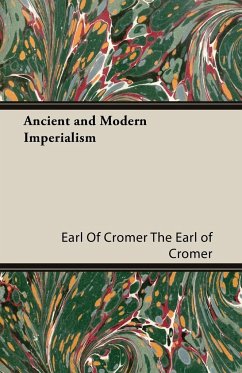
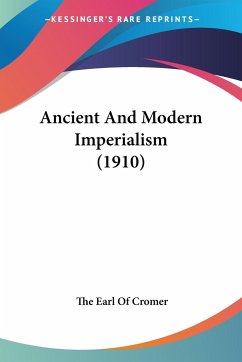
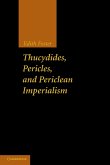
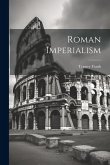
![A Compendium of Ancient and Modern History [microform]: With Questions Adapted to the Use of Schools and Academies, Also an Appendix Containing the De A Compendium of Ancient and Modern History [microform]: With Questions Adapted to the Use of Schools and Academies, Also an Appendix Containing the De](https://bilder.buecher.de/produkte/66/66185/66185131m.jpg)
